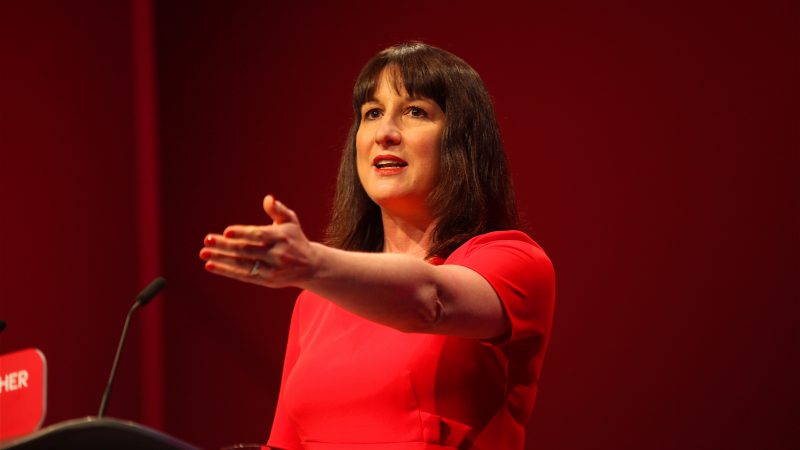
On August 25th, Colne Valley Constituency Labour Party agreed to send the following motion forward to national conference: “Conference notes that for decades the benefits of economic growth have been increasingly appropriated by a tiny percentage of the population. This has produced an unacceptable degree of social and economic inequality which is now holding back further growth. Conference believes that in order to meet these interrelated economic and social challenges an incoming Labour government must introduce a wealth tax.”
A couple of days later, Rachel Reeves preempted any discussion of such matters by categorically ruling out a wealth tax and, it seems, almost every other way of drawing on the immense wealth that continues to pile up in the hands of a few, such as taxing ‘unearned’ income at the same rate as income tax. Apparently, her spending plans do not require her to raise money by such means. This follows logically enough on the earlier decision not to get rid of the Tories’ two-child limit on benefits. This would have cost a little more than a billion pounds, a sum which could have so easily been raised without prejudice to Reeves’ fiscal rules.
Does Reeves have any sense of the consternation and dismay that will be felt in and beyond the Labour Party by her unvarnished commitments to the Tory readers of the Telegraph? There will be no significant attempt to tax the 50 families who have amassed more wealth than 33 million people share between them at the other end of the economic hierarchy or the 171 billionaires with average fortunes of £4bn or the 10% of the population who in 2018 held 45% of the national wealth.
Virtually everyone, including the TUC, the Morning Star and the Guardian, is urging the Labour Party to consider the need for a wealth tax or taxes. There is even a lobby of millionaires demanding to be more highly taxed whilst recent polls show that a substantial majority of the population would approve of such measures. Wealth taxes exist elsewhere, so why not here?
The abandonment of policies that would ameliorate the poverty in which so many children grow up is not only a moral failure but an economic one. It makes no sense to put all our eggs into the basket of economic growth without reducing the social and economic gulf that itself constitutes a major barrier to sustained growth. The limited growth that has occurred over the last decade has not prevented the continuing accumulation and concentration of assets in the hands of those who are already well off.
The fearful desire to assuage the concerns of Telegraph readers is also bad politics. The discernible ripple of disquiet over the change of line on the two-child limit risks becoming a tide of disillusion if a Labour government is unable to show in a relatively short period of time that it is getting to grips with the task of restoring our ravaged social fabric and public services. The task before it is immense and economic growth will not come overnight, but the party will not be given ten years to show some results. It is extraordinarily foolish to refuse the billions of pounds that could be raised in order to make the best possible start.




More from LabourList
‘As metro mayors gain power, Labour must tighten political accountability’
Letters to the Editor – week ending 22 February 2026
‘The coastal towns where young people have been left behind by Whitehall’